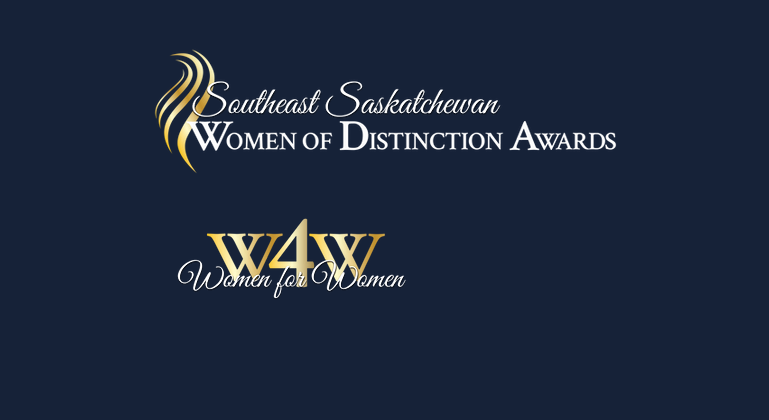The Women of Today Awards and its successor, the Southeast Women of Distinction Awards, have been my favourite community events on many fronts.
It’s so thought through – from decorations, little gestures, sponsor recognition, music, lights and colour theme – to, of course, the core idea of the event.
In an era marked by strides towards gender equality, one might wonder: are awards recognizing women's success and their contributions to community and workplace as relevant as they once were? Afterall, the event dates back 25 years.
The answer is yes. I agree with Coun. Shelly Veroba, who said during the awards luncheon that when hosting a women's celebration will cause no questions, that will be the day when we can drop it. We are not there. Hopefully, just yet.
As we keep moving further into the 21st century, the significance of such recognitions remains paramount, serving as a celebration of achievements, but what I see is a more important part – a catalyst for continued progress.
Firstly, let's address the question of why we specifically recognize women. No secret that the need for that arises from a historical context where women have been systemically marginalized and undervalued in many spheres of life. While there are considerable advancements, gender disparities persist in workplaces, leadership positions and societal expectations. (If you doubt it, check how many men in your surrounding equally share household and childcare responsibilities, check how many women are in male-dominated industries, how many women are there at the top of … well any valuable structure. And the list of such checkpoints goes on).
Recognizing women's achievements provides a necessary counterbalance to this historical imbalance, highlighting women’s talents, capabilities and contributions.
Besides, such recognition serves as a beacon of inspiration for future generations. (Coun. Kirsten Walliser also pointed during the latest event how influential it was for her to see what other women achieved). By honouring women's successes, we not only celebrate individual achievements but also pave the way for aspiring women to dream bigger and strive harder. Representation matters deeply. Seeing women acknowledged for their achievements sends a powerful message: that their efforts are seen, valued and worthy of aiming at repeating.
Women's awards also often encompass personal success but also community and workplace impact. This holistic approach recognizes the interconnectedness of individual achievement and collective progress. Women frequently play central roles in supporting communities, encouraging collaboration and driving positive change within workplaces. These contributions are not just noteworthy but essential for building inclusive, vibrant societies and thriving organizations.
Now, why don't we recognize men in the same manner? Well, first of all it’s important to acknowledge that men historically haven't faced the same systemic barriers as women. While men undoubtedly make valuable contributions to society and the workplace, their achievements have traditionally been more visible and frequently rewarded. Women's recognition awards, therefore, serve to repair this disparity, strengthening the voices and accomplishments of those who have been historically marginalized.
But why don't we recognize everyone's contributions equally then, one may ask. The reality is that societal structures often preserve inequality, which results in certain groups receiving disproportionate recognition and opportunities. Women's recognition awards help address this imbalance by shining a spotlight on individuals who might otherwise be overlooked or underestimated due to systemic biases. However, this doesn't diminish the importance of recognizing everyone's contributions. It rather underscores the need for more inclusive practices across the board.
I often visualize social inequalities (any of them) as a pendulum, which, in search for balance, goes from one extreme to the other. I feel that equal recognition of all achievements will come at that balance point when gender inequality becomes a notion of the past.
Awards that celebrate women's success and their impact on communities and workplaces remain as necessary in 2024 as ever before, so I’m sincerely grateful to the Women 4 Women committee for resurrecting our local spotlight. Such events serve as a means of recognizing past struggles, inspiring future generations and promoting a more equitable society.
While there is no doubt that the progress has been made, a lot of work is yet to be done, and women's recognition awards play an important role in driving that progress forward.
It's not about exclusion but about redressing historical imbalances and championing diversity, inclusion and equality for all.




